By Rachel Felice, Associate
Coronavirus has impacted nearly every industry. From consumer and non-profit to health care and hospitality, industries have spent the last three months innovating and adapting to overcome challenges presented by the pandemic.
One of the industries that have perhaps seen the most drastic transition since coronavirus is the global automotive industry. From the shutdowns of plant assemblies and suppliers, record low auto sales and uncertainty surrounding consumer trends in a potential post-COVID-19 recession economy, the automotive industry—and the reporters covering it—have been forced to stay on their toes.
Just as the industry was restarting operations and refocusing efforts back to traditional coverage, civil unrest caused by the death of George Floyd has altered the media landscape once again. Reporters almost immediately shifted focus from their conventional beats and COVID-19 news to cover the protests and demonstrations happening across our country.
To provide clarity and access to the automotive industry, as well as an inside look at the current media landscape, Lambert convened a panel of national automotive and mobility media for a live roundtable.
Moderated by Lambert’s Senior Director and former automotive reporter Brent Snavely, hosted Detroit Free Press Auto Critic Mark Phelan, CNBC Auto Reporter Michael Wayland and Automotive News Reporter Michael Martinez to discuss key industry trends, the impact of coronavirus on health and safety, and how the Black Lives Matter movement is impacting media relations.
During the media roundtable, all three journalists gave insight and advice into the unique and ever-changing media relations landscape. The advice included:
Nationwide Impact of the Black Lives Matter Movement on Media Across All Industries
The protests and demonstrations following the deaths of unarmed black men and women have taken over the media landscape—as they rightfully should—with even automotive reporters dedicating time to covering the movement. Teams at all three outlets have shifted coverage to focus on the diversity, equity and inclusion initiatives automakers are promising to implement. Mike Wayland said CNBC received letters to employees outlining actionable steps from CEOs at all three Detroit automakers, something he surmises would not have happened 10 years ago.
Changes to the News Cycle Related to Auto Shows and Product Reveals Due to COVID-19
Coronavirus has had a devastating effect on global auto shows and product reveals. Geneva Motor Show was the first major auto event to cancel due to the pandemic, with the New York International Auto Show, Beijing Motor Show, Paris Motor Show and, Lambert client, the North American International Auto Show all following suit. Mark Phelan has seen a few Zoom conferences to announce product reveals but, overall, most automakers have canceled or postponed major announcements. The inability to test-drive vehicles and spend quality time with the companies is forcing journalists to write reviews with “one hand tied behind their backs.” Given that face-face-face meetings are not possible, Mike Martinez asks public relations professionals to be as transparent as possible and offer access to executives to reporters can still have quality time them.
Following the Restart of Automotive Production
Much of the automotive industry has restarted but plans to completely reopen and restructure production post COVID-19 are still evolving. Production coverage on suppliers and OEM assembly plants is always evolving, and likely will be for the next year or so. Journalists are reporting on safety procedures and protocols, new positive cases and how production challenges and global supply chain affect a company’s bottom line.
Success with Pitches That Are Not BLM or COVID-19 Related
Outlets are doing their best to cover as much information as possible to provide clarity and information surrounding coronavirus, the Black Lives Matter movement and general automotive news. Unfortunately, given the current news cycle, now is a difficult time for public relations professionals to land an interview for automotive clients. Unless the news is groundbreaking or unique, it’s likely to get pushed aside. Reporters are inundated with emails, especially as of late, and often don’t have time to respond to a pitch saying they aren’t interested, so one pitch is sufficient. Given the current news cycle and dual pandemics, all three journalists agree that a follow-up emails are welcome and may be necessary to break through the clutter.
Moving Corporate Marketing and Communications Onward After the COVID-19 Shutdown
Like many industries, the automotive and mobility industry has been forced to navigate unchartered waters since the onset of COVID-19. The Automotive & Mobility team at Lambert has years of collective industry experience and we have been working closely with our clients to support their communications goals and objectives. When you factor in the recent Black Lives Matter movement, and other future uncertainties, the role of communications and media relations is more critical than ever before. For that reason, our team has published a Post-COVID Communications for Automotive & Mobility companies. Full of communications best practices and client examples, the handbook can provide your company with innovative ways to shift practices and thinking in the wake of the new landscape. You can view the handbook here.

